Diversity was the key element in my early literary influences. Growing up in a small town, with parents who loved reading in the language of their choice meant that there were English and Urdu books and periodicals all over the house. My father had an eclectic taste: he liked reading the Readers’ Digest and built up a big collection of that publishing house’s special books; he enjoyed Indian authors like Manohar Malgaonkar and Khushwant Singh (A Train to Pakistan was one of the earliest novels I read), as well as coffee-table travel books from Time Life Inc. He also subscribed to MAD magazine. My mother, meanwhile, had her Urdu novels and magazines, and sometimes read out fascinating passages on request. I was thus introduced early to the richness of nuance and expression of the Urdu language even as English remained my preferred language for reading and writing.
Attending a convent school those days meant that we had a dedicated Library class in our school timetable, and reading was taken seriously. Like those of my generation, I climbed up the rungs of Enid Blyton, Zane Gray, Erle Stanley Gardner, James Hadley Chase, and P. G Wodehouse. I will be forever indebted to our school librarian, Mr. Murthy, who gently nudged me towards the Russian classics, though I remember taking up Dr. Zhivago in tenth grade and then giving up the effort after ten dreary pages! I won E. M. Forster’s A Passage to India as the first prize in an anagram contest at school, and revisiting the novel years later, experienced first-hand how perceptions can alter the subtext.
In high school, we also read Shakespeare, Dickens, and Shaw, and their magic with words ensured that I would choose to study English Literature for my under-grad degree. I was also fortunate that due to the Advanced Hindi curriculum at high school, I could read Hindi authors like Premchand and Mannu Bhandari (I still have this dream of translating the latter’s Aapka Bunty into English) and was hugely influenced by the former’s trenchant social observations. That he was from my own hometown made him even more special. I confess that I am particularly drawn to Kabir’s verses too, as much for their intrinsic truth as for their provenance.
I realize now that the collective impact of reading so many genres and authors in different languages at a relatively young age has been threefold: an enduring curiosity of the worlds we inhabit , a healthy respect for the craft of writing itself, and a critical outlook. Comparisons aren’t fair, yes, but most books I read do get analyzed in my head. This has led to a habit of rereading certain books for the sheer pleasure of enjoying them after the first initial critical read.
It was inevitable then, that I would also write. It started with keeping diaries in schooldays, complete with a secret code. Poems and short stories came easily to me in those early years. One of my poems was published in a small literary magazine at that time, but for me, the real accomplishment was seeing words take shape on paper. It was my research professor at university who encouraged me to believe in my writing. After I had given him some of my poems to read, he typed them on special notepaper, bound the pages and presented it to me as a titled booklet. I’m forever indebted to him for that act of love.
Why do we write? How and where do we establish the road map of our literary journeys? Is it when we begin to understand man’s ambitions or the futility of life itself in plays like Macbeth and Death of a Salesman? Or when one gets inspired equally by John Keats and Sylvia Plath? Or when we dream of a lover like Heathcliffe? I can’t pinpoint exactly when writing became an essential part of my life, but it did. I kept reading too, and my university days are memorable for discussions on Ayn Rand as well as The Second Sex. Studying history brought yet another perspective to reading and writing and a reminder that poets and writers have always been in the front lines of resistance.
As a freelance writer for magazines and websites, I learned from various wonderful editors to ‘angle’ the story well, to be concise and to respect deadlines. However, in my mind, there was a clear demarcation between professional and ‘real’ writing, and through the years, I have continued to write for myself. It’s only in recent years that some poems and short stories have been published in anthologies, but the high point of my writing career remains a rejection letter from The New Yorker in response to a short story submission. I’m currently in the final stages of editing/publishing an anthology on the mental health experiences of South Asian women in Canada. This project has been made possible by a grant from the Reva Gerstein Legacy Fund, and since I’ve included the story of my own lived experience, along with those of nine other contributors, there is trepidation, yet also a sense of excitement about the book’s publication.
I have no ambitions of writing a novel but do plan to get together a collection of short stories. Periodically, there are thoughts of a memoir – given my journey from Banaras to Toronto via Dubai, given the fact that I find it difficult to see my country of birth as the one that it is sadly transitioning into – but the immensity of the task keeps it at bay, as a mere fancy.
Lately, the art of translation has begun to intrigue me, and my journey now has a new destination. Much like the young lawyer in Chekhov’s famous short story, The Bet, who eventually realized where salvation lay, I too feel I’m only now beginning to understand the enduring mystery of the written word.
*

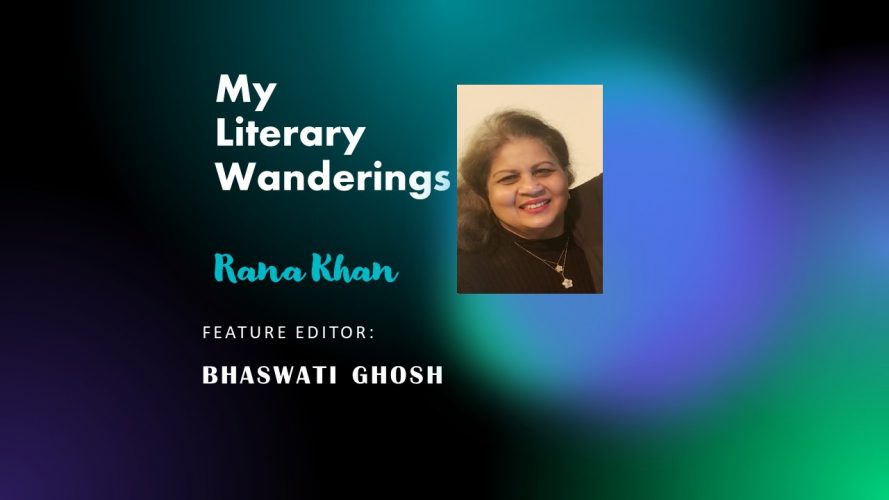

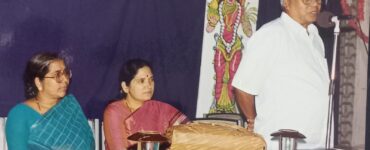
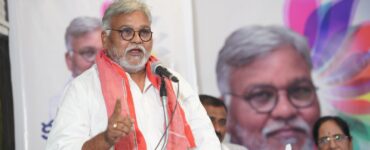
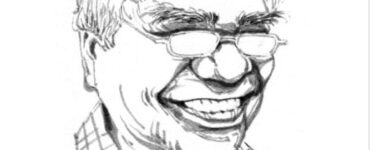
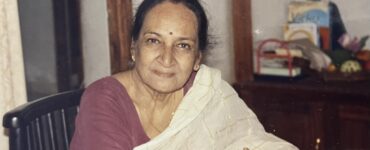


Such a lovely read.
Thanks, Saman.
Describes Rana Khan’s journey aptly. Knowing her since she was a child and witnessing her transformation, and being an admirer of her parents’ passion for books, it doesn’t surprise me at all to see where she has arrived today! Congratulations, Rana Khan.
Thank you, Rita! I remember picking up my first copy of JS at your home in Banaras. Being with fellow book-lovers was certainly a blessing.
Nice to read about your literary journey from an eager student to an accomplished author. Wish you all the best for ever greater achievements in the world of literature.
Thank you Afshan, for your kind words and good wishes.
So wonderful to walk down memory lane with you Rana !
I am reminded of school summer holidays when I would make a mad dash to the local lending library (started by an enterprising neighbour in his garage) to pick up the latest books.
And now of course, trips to the Toronto Public Library for more of the written word.
Looking forward to reading the anthology.
Thank you, Rizvana, and how lovely it has been to share with you countless conversations about books and authors ! And yes, we will raise a toast to the anthology soon.
Very interesting read. Wonderfully summed up. Look forward to your next write up.
Thank you, Salahu, so sweet of you to read it, and then write about it here! It is lovely to have such supportive friends like you.
Beautifully crafted article!
Congratulations!
Lovely Rana, thanks for sharing! It was like I walked with you! Waiting for your anthology…warm regards and best wishes!
Thank you so much, Harpinder, for your kind words.
Superbly written ! Rana, I found it fascinating reading your literary journey. I could so relate to your early book-reading choices and experiences . Love your writings and look forward to lots more! A memoir would be awesome , and translating would be right up your alley .
Superbly written ! Rana, I found it fascinating reading your literary journey. I could so relate to your early book-reading choices and experiences . Love your writings and look forward to lots more! A memoir would be awesome , and translating would be right up your alley
Thank you so much, Tahira Apa for your words of encouragement and appreciation.
Thank you, Anuradha.